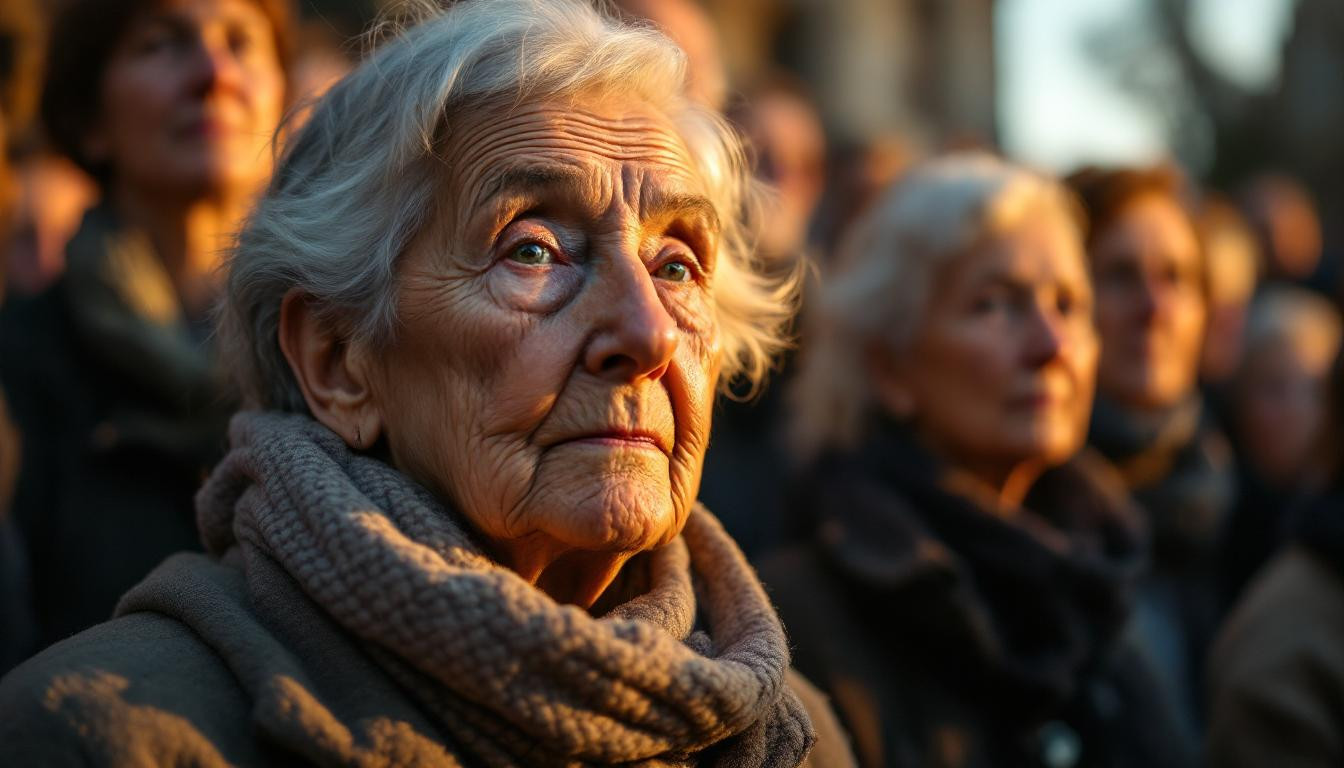Climate change isn’t just an environmental issue – it’s becoming a matter of human rights and public health, especially for vulnerable populations. In a groundbreaking case, Switzerland was recently told it must improve its climate policies after older women won a landmark human rights case, highlighting the direct impact of climate inaction on health and wellness.
The landmark ruling that changed everything
On April 9, 2024, the European Court of Human Rights delivered a historic verdict in favor of Klimaseniorinnen Schweiz, an association of elderly Swiss women. The court ruled that Switzerland’s inadequate climate policies violated these women’s human rights, specifically their right to private and family life under Article 8 of the European Convention on Human Rights.
“This ruling represents a critical turning point in how we view climate change through a human rights lens,” said Lucy Maxwell, co-director of the Climate Litigation Network. “It establishes that climate action isn’t optional charity – it’s a legal duty of governments to protect their citizens.”
Why older women face unique climate health risks
The case highlighted a critical health concern: older women are disproportionately affected by climate change, particularly during heatwaves. Just as our bodies respond uniquely to different types of physical stress, older women face specific physiological challenges during extreme heat events.
- Reduced capacity to regulate body temperature
- Limited mobility that restricts access to cooling resources
- Higher prevalence of chronic conditions exacerbated by heat
The staggering health impact of climate inaction
The evidence is alarming: extreme heat contributed to over 70,000 excess deaths in Europe during 2022 alone. These numbers aren’t just statistics – they represent real people whose health vulnerabilities were exacerbated by warming temperatures.
“When we fail to address climate change, we’re essentially ignoring a silent health crisis,” explains Dr. Emma Bernstein, geriatric specialist. “For older individuals, especially women, extreme heat is like an invisible weight pressing down on already fragile systems – their bodies simply cannot compensate like younger people.”
Switzerland’s response and what comes next
Despite setting new targets to reduce greenhouse gas emissions by at least 65% by 2035, critics argue Switzerland’s response remains insufficient. The implementation of the judgment is now under the supervision of the Council of Europe’s Committee of Ministers – a significant step in international oversight.
“Just as small daily health practices can create profound changes in our wellbeing, incremental policy improvements can dramatically enhance climate resilience and protect vulnerable populations,” said Sarah Tak from L’Affaire Climat.
Building climate resilience as a wellness practice
This case exemplifies how climate resilience is becoming an essential component of holistic wellness. Just as we might focus on specialized movement patterns to eliminate joint pain, communities must develop specific strategies to mitigate climate health impacts.
- Creating cooling centers in urban neighborhoods
- Developing community check-in systems for vulnerable populations
- Integrating green spaces that reduce urban heat islands
- Promoting diets rich in heart-healthy fruits that support cardiovascular function during heat stress
The ripple effect: global implications
The Swiss case sets a powerful precedent for climate litigation worldwide. Like a pebble creating ripples across still water, this ruling is inspiring similar legal challenges against governmental climate inaction globally.
“Countries can no longer hide behind vague promises,” notes environmental attorney Michael Fernandez. “Just as certain foods can naturally regulate our blood pressure, robust climate policies can regulate and protect our collective health.”
As climate litigation gains momentum, the message becomes clearer: protecting our planet isn’t just about saving the environment – it’s about safeguarding human health, particularly for those most vulnerable to climate change’s mounting threats.
